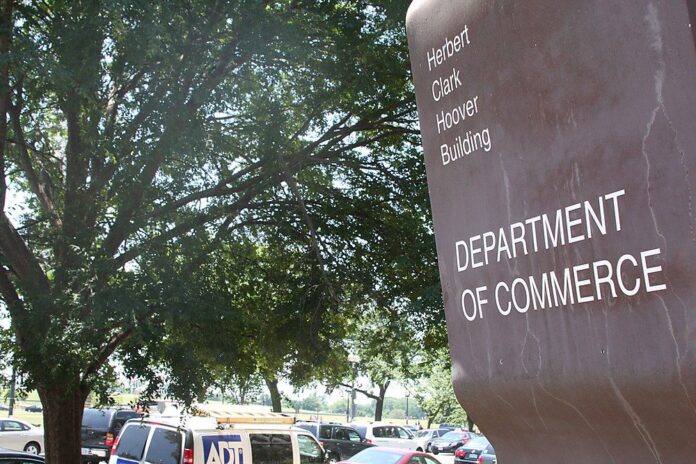Is Huawei the government’s next target?
The U.S. Commerce Department made an unusual move, temporarily reversing its decision to deny export licenses to American companies that sell products to ZTE. Today, the Chinese company said it obtained “interim relief” from the sanctions and it expects permanent relief as it continues to work with the U.S. government. A Commerce Department official commended ZTE for “active, constructive discussions.” The restrictions will be lifted until at least June 30.
The decision is particularly surprising given the fact the Commerce Department had made evidence of ZTE’s misconduct publicly available. Earlier this month, the agency shared ZTE documents that explained how the company would establish new entities to sell banned technologies to Iran. United States law still prohibits the sale of many U.S. goods to Iran.
There are several factors that could have contributed to the U.S. government’s decision. The Chinese government was very vocal in its criticism of the export sanctions. ZTE has pledged to work with the U.S. government going forward. American chipmakers who sell to ZTE did not complain publicly, but were definitely impacted and could have been lobbying behind the scenes.
“The U.S. chipmaker pressure I think is not substantial enough to sway the government,” said analyst Earl Lum of EJL Wireless Research. Lum suspects a different motive may be behind the U.S. government’s decision.
“Within the ZTE documents were references to another Chinese telecommunications equipment supplier that ZTE specifically cited as also having participated in illegal activities similar to the ones ZTE was punished for,” said Lum, who suspects the other company may be Huawei and that ZTE could actually be helping the U.S. investigation.
ZTE, which has 20 American offices/research centers and sponsors five NBA teams, clearly has a vested interest in maintaining its U.S. business relationships. The company may have chosen to “cooperate” with the Commerce Department, with or without the consent of the Chinese government, Lum said.
“If the Chinese government has some idea that the U.S. is now targeting Huawei, in addition to ZTE, the U.S. would have significant leverage,” Lum said. “The Huawei issue would also have an even larger impact to U.S. semiconductor suppliers than ZTE did. … The impact of such an event would be potentially catastrophic for the semiconductor industry.”
For now, U.S. chipmakers are apparently set to resume exports to ZTE, which is one of the largest makers of Android-powered smartphones, and is an important customer for Qualcomm, Broadcom and Intel.
Attorney Douglas Jacobson, who represents several ZTE suppliers, said the U.S. government has been allowing the export of smartphones to Iran for years and the chips in personal communications devices are not seen as a major security risk.
“A bigger issue is chips included in networking and other commercial IT equipment manufactured in China, where the re-export of those items to Iran is prohibited and licenses will not be issued by the U.S. government,” Jacobson said. Many of the same companies that make smartphone chipsets also make chips for wireless base station transceivers. In addition, Texas Instruments, Cavium and NXP Semiconductor (which bought Freescale) supply chips for base station transceivers.
Huawei is also a major customer for most of these chipmakers. Jacobson said Huawei is already working with the U.S. government on export issues.
“Huawei has beefed up its export compliance staff and may have been more cooperative with BIS than ZTE was,” Jacobson said. “In my view it is not likely that Huawei will be added to the BIS Entity List, although a civil or criminal penalty could be imposed down the road.”
Follow me on Twitter.
Image source: glassdoor.com

